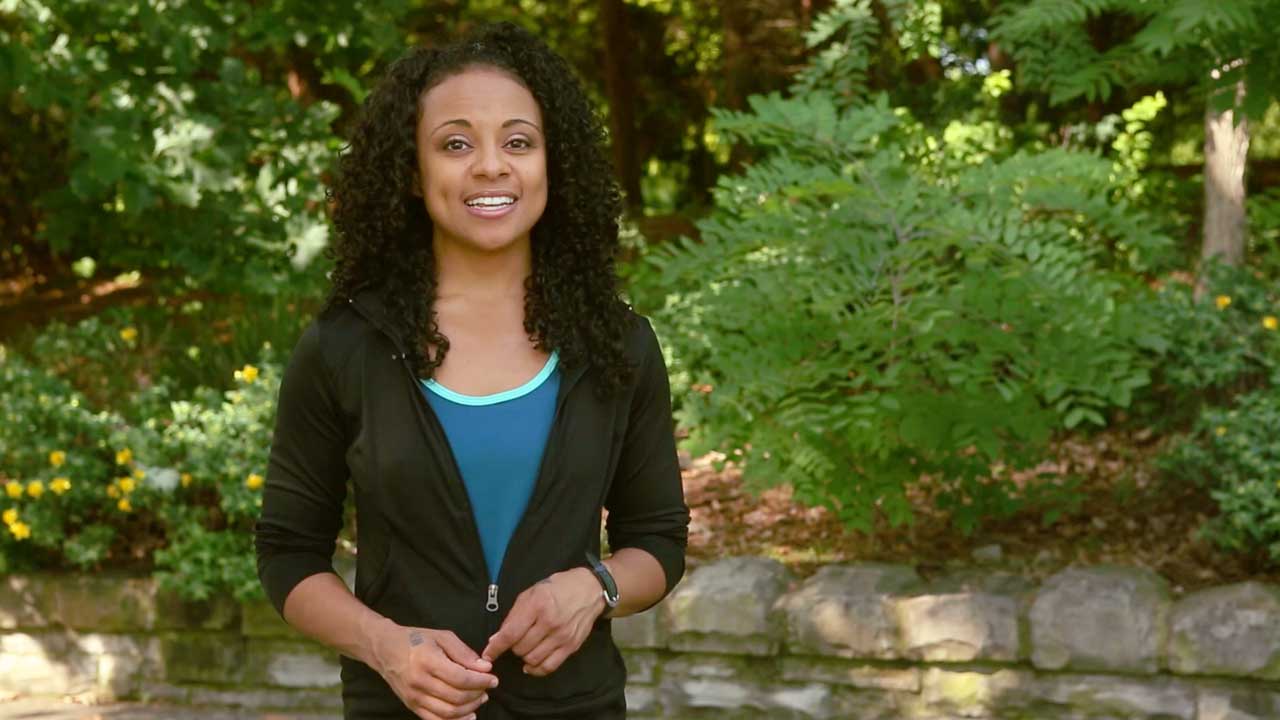How to Help Elderly Parents Age Independently

Mom’s getting older. She routinely forgets to take her medicine and had a scary fall last week. Dad’s declining eyesight cost him his driver’s license, and ever since then, he has spent too much time home alone.
As adults, the children of aging parents often find themselves in a conundrum. They want to take care of their aging parents. But, their aging parents don’t want or won’t accept the care. In the name of their parent’s health, they consult with doctors, social workers, attorneys, administrators of assisted-living facilities — everyone they can think of who could help them care for their parents. Everyone, that is, except for their actual aging parents.
To truly help your parents age independently while also ensuring their health, safety and quality of life, you can’t completely take care of them. The key is to help them take care of themselves. Here are a few ways to do so:
Start with Suggestions
The last time you visited, did you notice expired food in the fridge and nothing in the cupboards? Was the floor dirty, the laundry piling up and the trash overflowing? Instead of chiding your elderly parents, keep a straight face.
Understanding why elderly parents may be “insisting, resisting or persisting in their ways or opinions,” can help you approach the issue, according to a study by Penn State professor Steven Zarit. Instead, Zarit advises adult children to give them an idea, step back and bring it up again later. Be patient and keep your parents from turning defensive.
Later, when the moment is right, make appropriate suggestions. For example, maybe you or a close friend have used a cleaning service like Molly Maid and highly recommend it. Ask mom if she’s heard of it and that maybe it would be nice to have someone else clean those hard to reach spots. If they’re receptive, sign them up for a free trial.
Along that same vein, many grocery stores now offer home delivery. If your parent has internet access, you can show them how to do their grocery shopping online. Show them how to do it, bookmark the page and then let it be. Wait a week or so, come back and see what happened.
Be Prepared
Your parents may never completely soften up to the idea of their old age and all that comes with it, but by offering suggestions and not making demands, they may come around to the idea of you helping them. If and when that happens, be prepared. For example, after a spouse passes away, it’s common for elderly adults to fear living alone. If they come to you for peace of mind, suggest a personal emergency response system. More than an easy access way for users to call for help, the Lively Wearable is a fitness tracker for seniors. It promotes an active lifestyle with a daily step count, mind challenging activities and social tips to keep users engaged.
Other areas of need may include making social connections or finding help with daily duties. In these cases, you may want to familiarize yourself with community resources available in your aging parent’s neighborhood, such as senior social centers, assisted living homes and transportation options. Many places offer rides free. Be aware of the prevalence of loneliness and depression among seniors. Making sure they have ways to get around town and also have ways to communicate with family and friends — like Skype or FaceTime — will help ward off these potential problems.




